Community leaders call to improve current pathways to citizenship
Community leaders call to improve pathways to citizenship
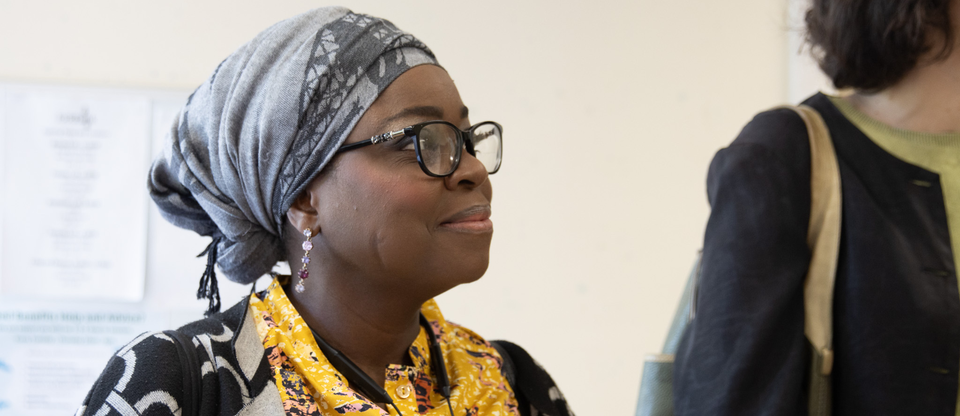
From 13 May to 17 May, community leaders across the country met with their local MPs to advocate for significant improvements to the current pathways to citizenship.
For hundreds of thousands of people in our communities, routes to citizenship are long, expensive, and painful. For most, it will be more than a decade and tens of thousands of pounds before they can finally have the security that comes with British citizenship. The story we aren’t often told is that broken systems have caused people to become undocumented through no fault of their own, meaning they are unable to participate fully in society.
In 2020, the Joseph Rowntree Foundation reported that over a quarter of destitute households were migrants and, in many cases, the destitution arose primarily from people’s immigration status. People without any form of immigration status are unable to work or access basic services such as healthcare or the criminal justice system.
Even people with a visa and the legal right to remain can be denied access to welfare through the so-called ‘No Recourse to Public Funds’ (NRPF) conditions on their visas. This is effectively a welfare ban, denying people access to this safety net, including child benefits, and leaves people, including over 180,000 children, at risk of destitution. Combined with a lack of free legal advice, this leaves people in our communities to experience prolonged uncertainty, poverty and exclusion. Evidence suggests that this disproportionately affects minority ethnic women and disabled people.
Despite these challenges, community leaders have been working to make the pathway to citizenship more timely, affordable and fair.
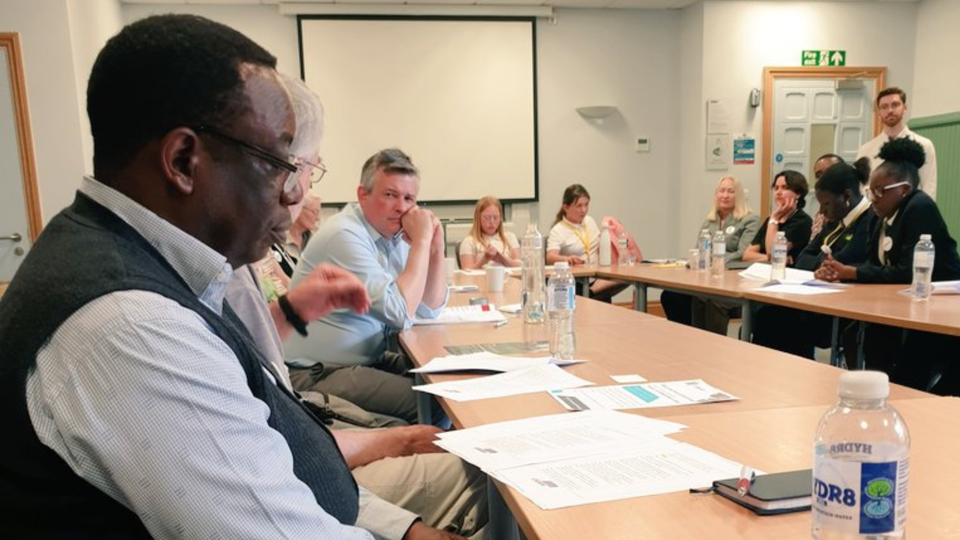
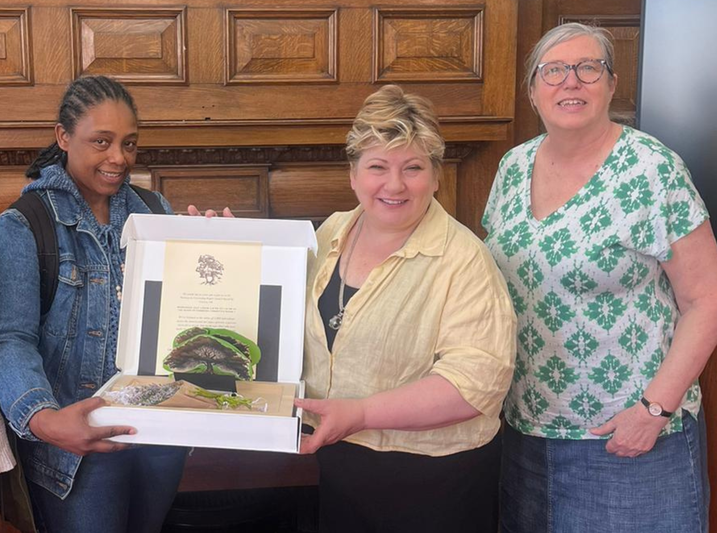
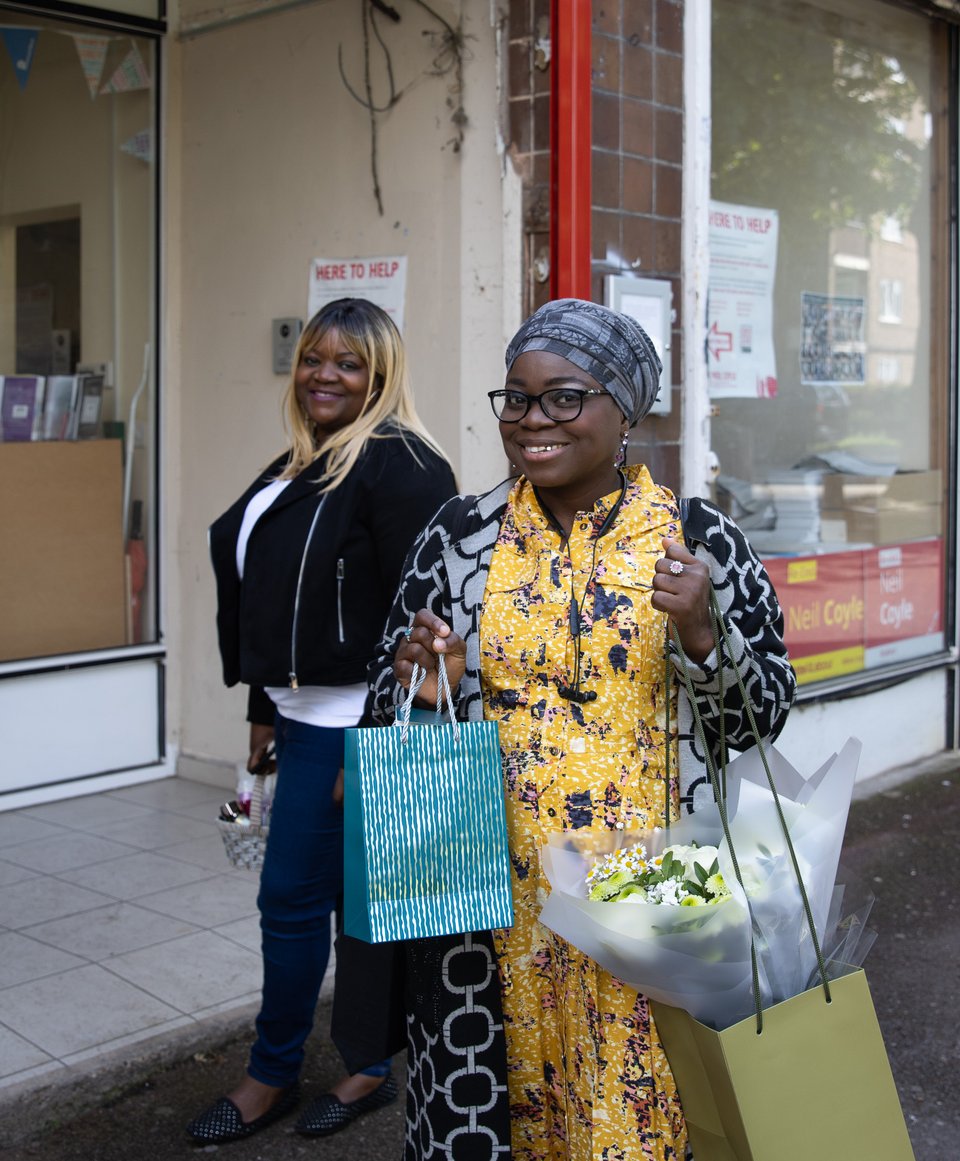
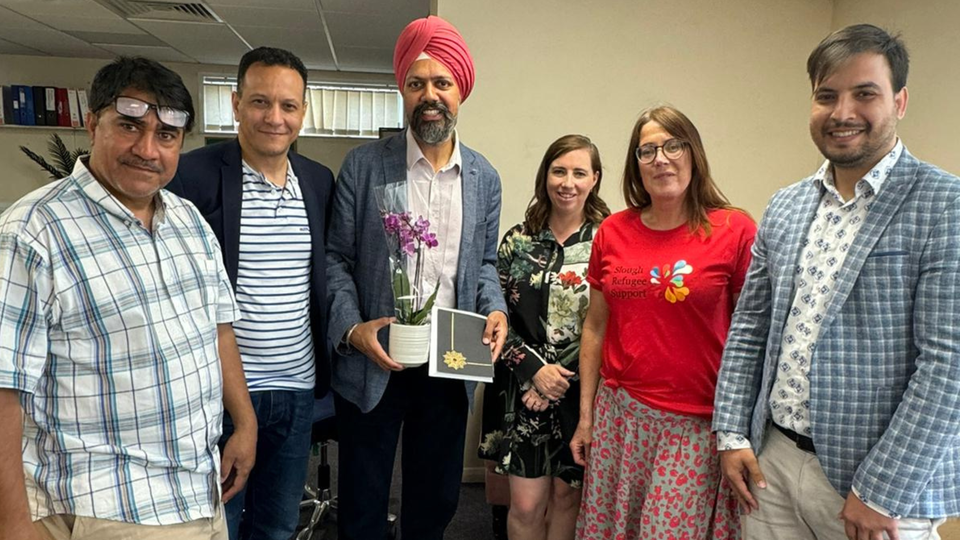
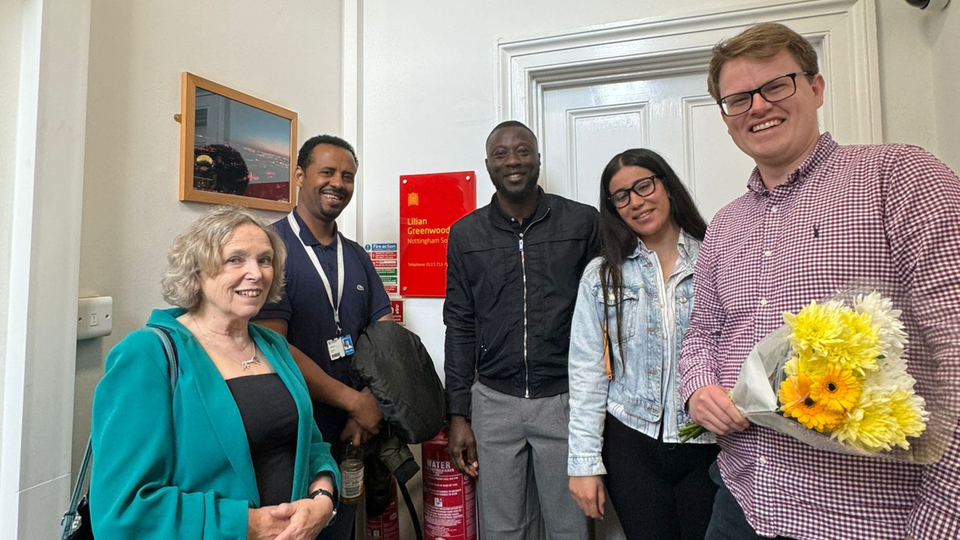

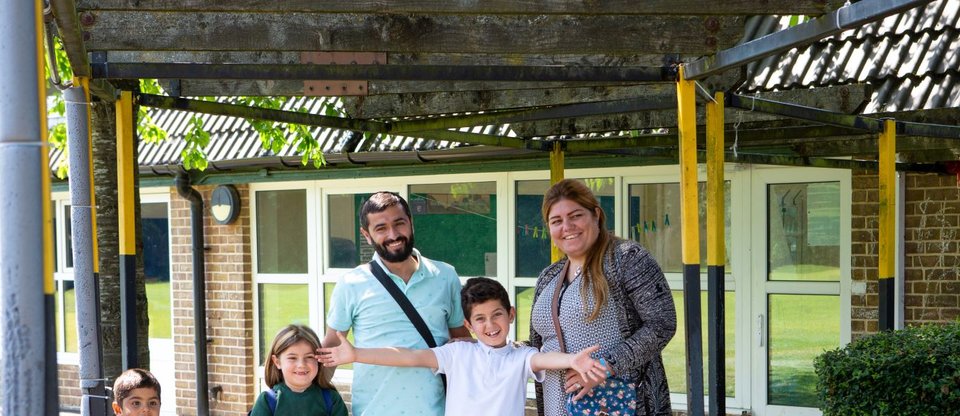
We believe that refugees, migrants and asylum seekers are everyday people who deserve to flourish and live fulfilling lives in their homes and communities. But millions of people in the UK are suffering from unjust immigration policies. There is a hostile environment which ruins lives and prevents people from integrating and contributing to their communities in the way they want to. This makes people feel hopeless and helpless, but they're not. Together, we can build a safer and more just country for everyone.




